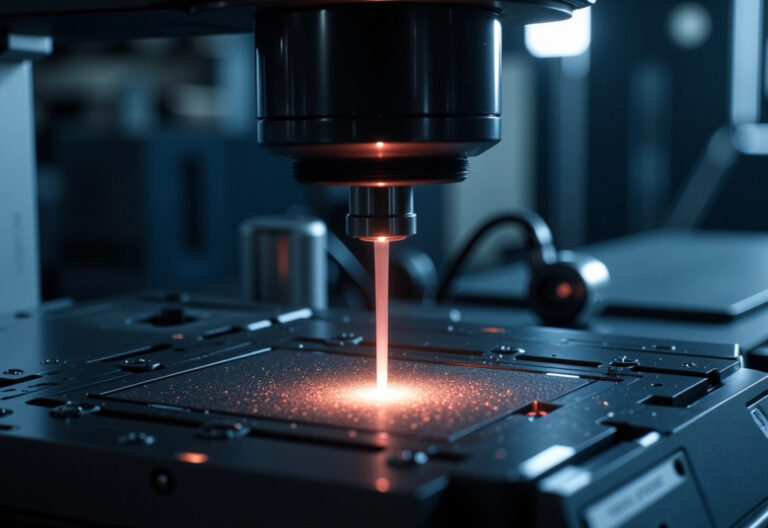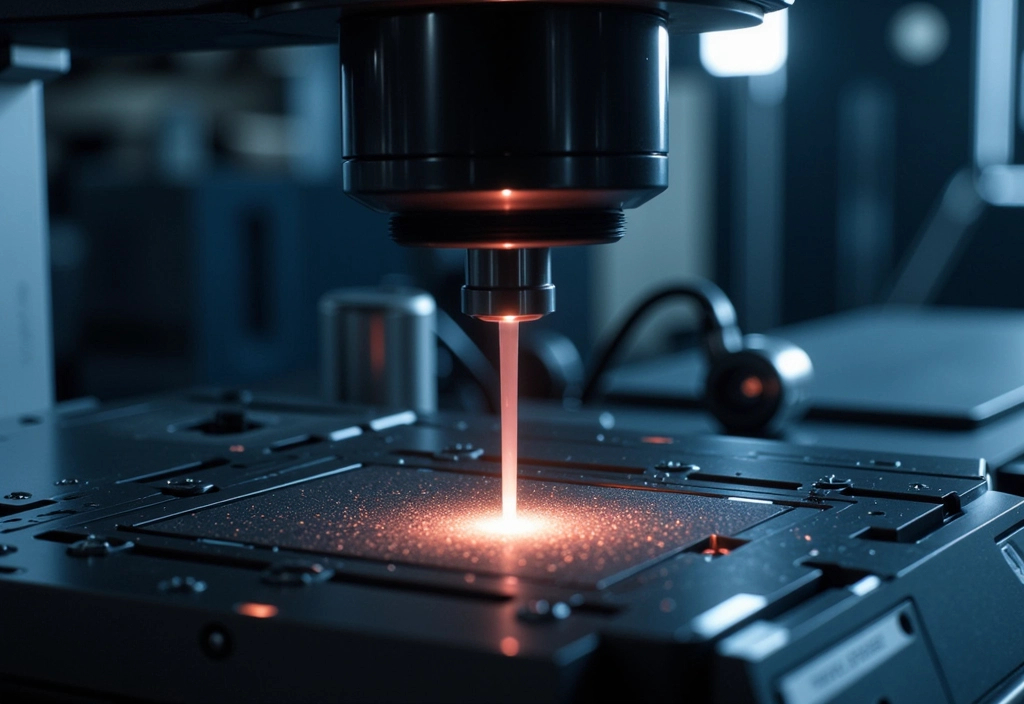Imagine a world where robots and drones help soldiers fight battles instead of humans always being in danger. This article talks about how technology, like artificial intelligence and cool gadgets, is changing the way wars are fought. Think of it like a video game where players have powerful tools to make decisions faster and safer.
- What Happened:
- There is a significant shift in military operations due to technological advancements. It discusses the integration of artificial intelligence (AI), autonomous systems, and robotics into combat scenarios, which are revolutionizing how wars are fought and strategies are developed.
- Why:
- Evolving Threats: Modern warfare faces complex challenges, including cyber warfare, asymmetric threats, and rapid technological change. Traditional tactics may no longer be effective against these new types of threats.
- Efficiency and Effectiveness: Militaries aim to maximize operational effectiveness while minimizing risks to personnel. Advanced technologies allow for faster, more informed decision-making in high-stakes environments.
- Who:
- Defense Agencies: National defense departments are at the forefront of researching and developing these technologies to enhance military capabilities.
- Military Strategists: Experts in military strategy analyze how these technologies can be integrated into existing frameworks to create a more effective defense posture.
- Technology Companies: Private-sector firms are innovating in areas such as AI, robotics, and sensor technology, often collaborating with military organizations to create cutting-edge solutions.
- How It Works:
- Artificial Intelligence: AI systems process vast amounts of data from various sources, including satellites, drones, and sensors, to provide real-time insights and predictive analytics. This helps commanders make informed decisions quickly.
- Drones and Autonomous Vehicles: Unmanned aerial vehicles (UAVs) and ground robots can conduct surveillance, gather intelligence, and even engage targets, reducing the risk to human soldiers.
- Cyber Capabilities: Advanced technologies also include cyber warfare tools that protect military networks and can disrupt enemy communications or operations.
- How It Will Benefit Humanity:
- Reduced Casualties: By utilizing robots and drones, military operations can minimize human involvement in dangerous situations, significantly reducing the risk of casualties among soldiers.
- Precision and Accountability: Advanced targeting systems can lead to more precise strikes, potentially decreasing collateral damage and civilian casualties, fostering greater accountability in military actions.
- Global Security: As nations adopt these technologies, there may be a shift towards deterrence, leading to a decrease in large-scale conflicts and enhancing overall global security.
- When It Will Be Available:
- Current Technologies: Some autonomous systems and AI applications are already operational within various military forces around the world.
- Ongoing Development: Many technologies are still in testing phases or under development. Their full integration into military strategies may take several years, depending on technological advancements, funding, and political considerations.
Nic, O.-. (n.d.). Office of the Director of National Intelligence – Global Trends. https://www.dni.gov/index.php/gt2040-home/gt2040-deeper-looks/future-of-the-battlefield
Disclaimer: This content was simplified and condensed using AI technology to enhance readability and brevity.
















